Mono Sodium Phosphate
Mono Sodium Phosphate Specification
- Shelf Life
- 12 Months
- Physical Form
- Powder
- Purity
- 98%
- Storage
- Room Temperature
- Application
- Industrial
- Product Type
- Mono Sodium Phosphate
- Grade
- Technical Grade
- Solubility
- Water
- Molecular Weight
- 119.98 Kilograms (kg)
- Density
- 2.36 Gram per cubic centimeter(g/cm3)
- CAS No
- 7558-80-7
- Molecular Formula
- NaH2PO4
Mono Sodium Phosphate Trade Information
- Minimum Order Quantity
- 25 Kilograms
- Supply Ability
- 100 Kilograms Per Month
- Delivery Time
- 7 Days
About Mono Sodium Phosphate
# Mono Sodium Phosphate Properties:
# Applications of Mono Sodium Phosphate:
# Safety Considerations:
FAQs of Mono Sodium Phosphate:
Q: What is the density of Mono Sodium Phosphate?
A: The density of Mono Sodium Phosphate is 2.36 Gram per cubic centimeter(g/cm3).Q: What is the molecular formula of Mono Sodium Phosphate?
A: The molecular formula of Mono Sodium Phosphate is NaH2PO4.Q: What is the solubility of Mono Sodium Phosphate?
A: Mono Sodium Phosphate is soluble in water.Q: What is the purity of Mono Sodium Phosphate?
A: The purity of Mono Sodium Phosphate is 98%.Q: What is the shelf life of Mono Sodium Phosphate?
A: The shelf life of Mono Sodium Phosphate is 12 months.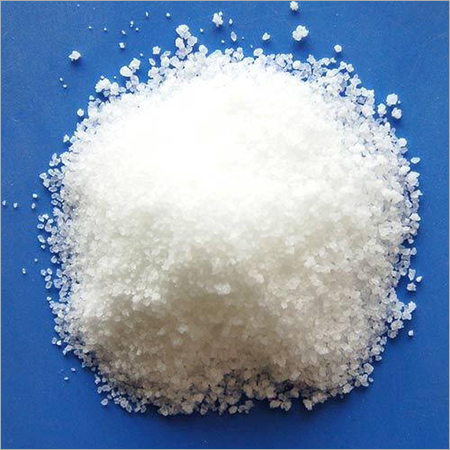

Price:
- 50
- 100
- 200
- 250
- 500
- 1000+
More Products in Phosphates Category
Disodium Hydrogen Phosphate Pure Anhydrous
Minimum Order Quantity : 25 Kilograms
Physical Form : Powder
Usage : Laboratory
Storage : Room Temperature
Product Type : Disodium Hydrogen Phosphate
Grade : Technical Grade
Sodium Dihydrogen Phosphate Monohydrate
Minimum Order Quantity : 25 Kilograms
Physical Form : Powder
Usage : Laboratory
Storage : Room Temperature
Product Type : Sodium Dihydrogen Phosphate
Grade : Technical Grade
Disodium Phosphate Tech Indian
Minimum Order Quantity : 25 Kilograms
Physical Form : Powder
Usage : Industrial
Storage : Room Temperature
Product Type : Disodium Phosphate
Grade : Technical Grade
Mono Sodium Phosphate Pure Indian
Minimum Order Quantity : 25 Kilograms
Physical Form : Powder
Usage : Industrial
Storage : Room Temperature
Product Type : Mono Sodium Phosphate
Grade : Technical Grade

 Send Inquiry
Send Inquiry
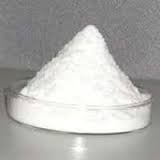
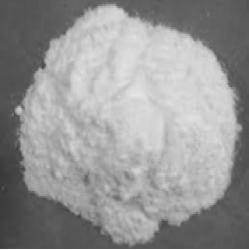
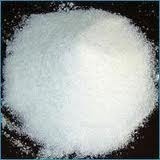
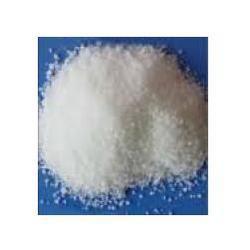



 Send Inquiry
Send Inquiry Send SMS
Send SMS